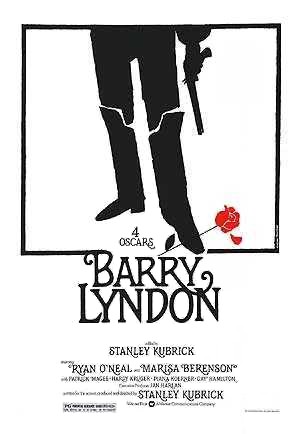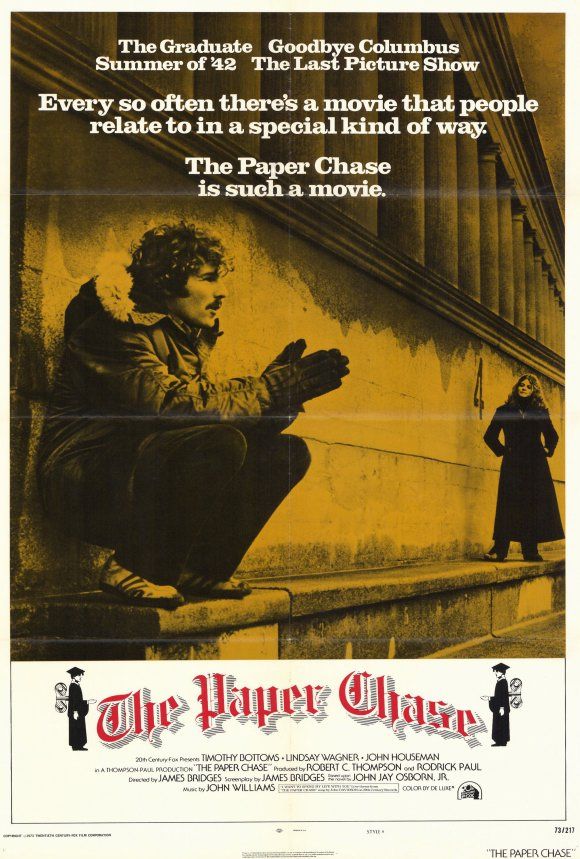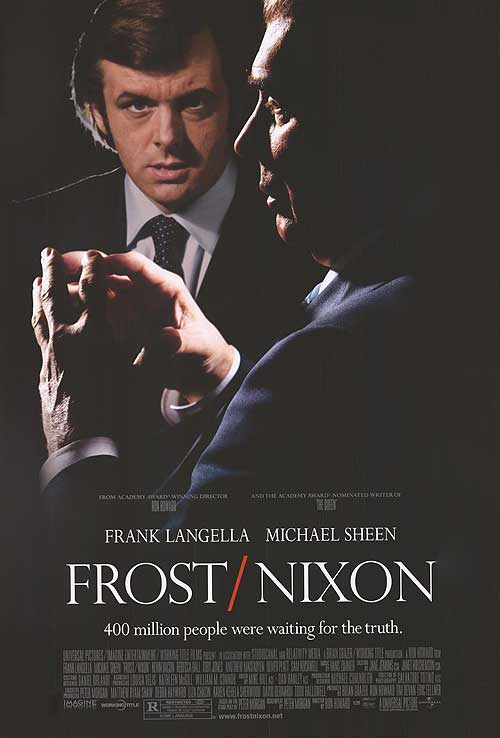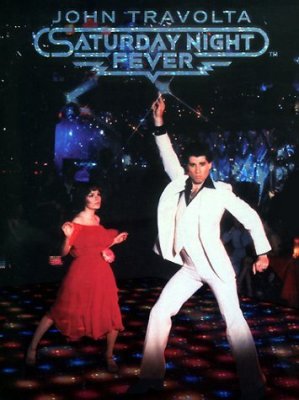
‘Barry Lyndon’: Life can be a gamble, or a noble cause
When you play golf, do you play better if others are watching?
For most, the answer is no.
The secret, perhaps, is not caring. That happens to be a crucial characteristic of Redmond Barry, who puts the notion of heart to the ultimate test in Stanley Kubrick’s glorious “Barry Lyndon.”
At least three times, Barry’s life is shaped by a duel. His father died in one, and Barry has presumably inherited such a risk appetite, at a young age challenging British elite John Quin over their mutual admiration of Barry’s cousin, Nora Brady. No one in Barry’s family wants this to happen, nor does Quin himself, evincing the horror of having one’s bluff called.
One can imagine running into Barry, played majestically by ’70s hotshot Ryan O’Neal, at a modern American high school. He’d be cool, funny and an inevitable letdown. He’ll toss you the keys to his car, then never speak to you again. Barry handles pressure about as well as anyone in film. But, a bit like Paul Newman in “Cool Hand Luke,” he’s also his own worst enemy, just slightly more adept at getting out of dangerous situations than getting into them.
“Lyndon,” one of the most picturesque films ever made, illustrates war at its most absurd, probably with parallels to Kubrick’s “Paths of Glory.” Armies confront each other in a series of bizarre suicide marches, the tradition of the time. It is not necessary to pick sides or even understand who is fighting. (These scenes are low-hanging fruit for scholars of 18th-century Europe but elusive for those who aren’t.) In one of many depictions of mixed values, Barry seems to survive slaughter by removing himself to care for a family friend, Captain Grogan, who has been mortally wounded.
Getting out is appealing but viewed as a crime. Barry will accomplish that in the way he accomplishes everything, with uncanny instinct, a gift for spontaneity.
He has no penchant for revenge. He is not completely without loyalties. He is devoted to his mother and Captain Grogan, and later the Chevalier du Balibari, a gambler whose Irish heritage causes Barry to change sides. But Barry’s nonchalance toward women inspires enemies, the most significant being his stepson, Lord Bullingdon, who emerges after Barry has seduced the beautiful and newly widowed Countess of Lyndon (Barry’s army desertion is not an obstacle to this union).
European aristocracy, like the war, is fertile ground for Kubrick. Barry has gained none of the inheritance rights through his marriage, so he attempts to immerse himself among the elites with large purchases in hopes of acquiring some degree of nobility. The strategy seems to be working, until Lord Bullington publicly makes his objections known. Lord Bullingdon does not possess the calm or panache of his stepfather but exceeds him in a crucial category, motivation, which will prove too much for Barry, who is willing to bestow the honor of a truce.
Hollywood, and the public, saw “Barry Lyndon” as far more impressive visually than emotionally. It won four Oscars, for cinematography (John Alcott), art direction/set decoration (Ken Adam, Roy Walker, Vernon Dixon), best musical score or adaptation (Leonard Rosenman), and its most likely success, costumes (Ulla-Britt Söderlund and Milena Canonero). Kubrick and the film were nominated for best picture, best director and best adapted screenplay, losing across the board to Milos Forman’s “One Flew Over the Cuckoo’s Nest.” Ryan O’Neal, perhaps an un-Kubrick-like choice in a role that attaches “underrated” to his résumé, could not earn an Oscar or Golden Globe nomination; the Oscars chose Jack Nicholson in “Cuckoo’s Nest” over Al Pacino in “Dog Day Afternoon,” Walter Matthau in “The Sunshine Boys,” Maximilian Schell in “The Man in the Glass Booth” and James Whitmore in “Give ’em Hell, Harry!”
“Lyndon” suggests a scoundrel can get far, but only so far. Barry’s secret is that his life, like his gambling, was with the house’s money. He could’ve perished or been ruined several times, and he barely flinched. Most are not so secure in this position.
The fate of John Quin, who backed into a marriage with Nora Brady after his dubious showdown with Barry, is left unstated. How Quin could live with the outcome of his early duel with Barry is not revealed. Shame should follow the obvious revelation of a rigged event. Then again, it’s an event of absurdity. The only way one can win a duel is not to care.
4 stars
(March 2016)
“Barry Lyndon” (1975)
Starring
Ryan O’Neal as
Barry Lyndon ♦
Marisa Berenson as
Lady Honoria Lyndon ♦
Patrick Magee as
The Chevalier du Balibari ♦
Hardy Kruger as
Captain Potzdorf ♦
Steven Berkoff as
Lord Ludd ♦
Gay Hamilton as
Nora Brady ♦
Marie Kean as
Barry’s Mother ♦
Diana Koerner as
Lischen ♦
Murray Melvin as
Reverend Samuel Runt ♦
Frank Middlemass as
Sir Charles Lyndon ♦
Andre Morell as
Lord Gustavus Adolphus Wendover ♦
Arthur O’Sullivan as
Captain Feeny, the Highwayman ♦
Godfrey Quigley as
Captain Grogan ♦
Leonard Rossiter as
Captain John Quin ♦
Philip Stone as
Graham ♦
Leon Vitali as
Lord Bullingdon ♦
John Bindon as
Recruiting soldier ♦
Roger Booth as
King George III ♦
Billy Boyle as
Seamus Feeny ♦
Jonathan Cecil as
Lt. Jonathan Fakenham ♦
Peter Cellier as
Sir Richard ♦
Geoffrey Chater as
Dr. Broughton ♦
Anthony Dawes as
British Soldier ♦
Patrick Dawson ♦
Bernard Hepton as
Diner at Feast for Lord Wendover — Left of Barry’s Mother ♦
Anthony Herrick ♦
Barry Jackson as
British Soldier ♦
Wolf Kahler as
Prince of Tübingen ♦
Patrick Laffan ♦
Hans Meyer ♦
Ferdy Mayne as
Colonel Bulow ♦
David Morley as
Bryan Patrick Lyndon ♦
Liam Redmond as
Mr. Brady — Nora’s Father ♦
Pat Roach as
Toole — Soldier in Fistfight ♦
Dominic Savage as
Young Bullingdon ♦
Frederick Schiller ♦
George Sewell as
Barry’s Second ♦
Anthony Sharp as
Lord Hallam ♦
John Sharp as
Doolan ♦
Roy Spencer as
Horse Seller ♦
John Sullivan ♦
Harry Towb as
Innkeeper ♦
Michael Hordern as
Narrator (voice)
Directed by: Stanley Kubrick
Written by: Stanley Kubrick (screenplay)
Written by: William Makepeace Thackeray (novel)
Producer: Stanley Kubrick
Associate producer: Bernard Williams
Executive producer: Jan Harlan
Cinematography: John Alcott
Editing: Tony Lawson
Casting: James Liggat
Production design: Ken Adam
Art direction: Roy Walker
Costumes: Milena Canonero, Ulla-Britt Søderlund
Conductor/music adaptor: Leonard Rosenman
Makeup and hair: Leonard, Susie Hill, Joyce James, Maud Onslow, Daphne Vollmer, Alan Boyle, Ann Brodie, Jill Carpenter, Yvonne Coppard, Barbara Daly
Production manager: Terence Clegg, Douglas Twiddy, Rudolf Hertzog (Germany)
Unit manager: Malcolm Christopher, Don Geraghty
Stunts: Roy Scammell





